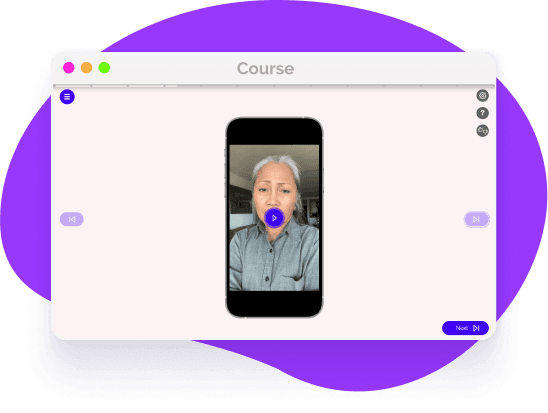Identifying Common Signs of Human Trafficking
Now let's learn about signs that may indicate someone is a victim of human trafficking. And remember, if you recognize any of the warning signs of human trafficking, do not at any time attempt to confront a suspected trafficker directly. If you are ever in a situation that could be deemed an emergency, such as witnessing threats of violence, physical assault, emergency medical needs, etc., call 911 immediately.

Signs of Human Trafficking inside a hotel room
Examples of signs to look out for inside of guest rooms are excessive amounts of cash, alcohol, or illegal drugs. Provocative clothing and shoes. Children’s items or clothing, but no child is registered with the room. Evidence of pornography. Excessive amounts of sex paraphernalia (such as condoms, lubricant, lotion, etc.). The smell of bodily fluids and musk. Additionally, signs can include the presence of multiple computers, cell phones, pagers, credit card swipes, or other technology. Few or no personal possessions in the room of an extended-stay guest and rooms stocked with merchandise, luggage, mail packages, and purses or wallets with different names.

Human Trafficking Signs in the Hospitality Industry
The same person reserves multiple rooms. Cleaning services are refused for multiple days. Requests are made for room or housekeeping services, but staff are denied entry into the room. “Do Not Disturb” signs are left hanging on guests' doors. An excessive number of people are staying in one room. Minors are left alone in rooms for long periods of time. A constant flow of men into a room can be observed at all hours. Individuals infrequently leave their rooms, not at all, or at odd hours and people can be seen loitering in hallways or appear to be monitoring the area.

There isn't always a specific way to identify a victim of human trafficking. But, there are some common signs that victims often share.
Victims often avoid eye contact and interaction with others, exhibit unusual behavior, lack freedom of movement or appear to be constantly monitored, lack control over money. They may appear to be with a significantly older “boyfriend” or in the company of older males. You may also observe groups of young individuals who appear to be traveling with someone older than them.
Trafficking victims are often inappropriately dressed, with poor quality clothing, possess few or no personal items, no possession of money or ID, have identical tattoos as others they are with (branding is often done by perpetrators of trafficking).
Emotional signs can include fear, anxiety, tension, restraint, submission, and/or nervousness. Physical signs may include malnourishment, poor hygiene, fatigue, sleep deprivation, untreated illness, or injuries (from physical abuse).

How to Handle a Suspected Trafficking Situation
Remember to never confront a suspected perpetrator of trafficking directly. Also, do not try to alert a victim of your suspicions. If you suspect anything, alert a supervisor and follow your company’s protocol for the handling of these types of situations. If you witness an emergency situation, such as violence or medical needs, call 911 immediately.
Signs of a Trafficking Victim
Victims of human trafficking can be any age and identify as any gender. What signs might a victim of human trafficking exhibit? They can include:
Here are some myths to look out for:
- -
Appearing nervous or anxious
- -
Not having any money or an ID
- -
Avoiding eye contact
- -
Appearing malnourished
- -
Having identical tattoos as others in a group

How to look for the most common signs of Human Trafficking in the Workplace
EasyLlama's Human Trafficking training will help employees identify the most common signs of this illegal activity, helping to prevent it for both adults and children. Through interactive quizzes and real-life video scenarios, our course offers an overview of the different types of human trafficking, from recruitment and transportation, to exploitation and abuse, and explaining the rights of its victims. With this knowledge, your employees will be better equipped to identify and prevent human trafficking.

Helping over 8,000+ organizations create a safer, more inclusive company culture
EasyLlama’s online training course guides employees to understanding and help preventing Human Trafficking in the workplace. This course will dive into the common traits of trafficked victims, how to report trafficking, and more. The course covers:
































